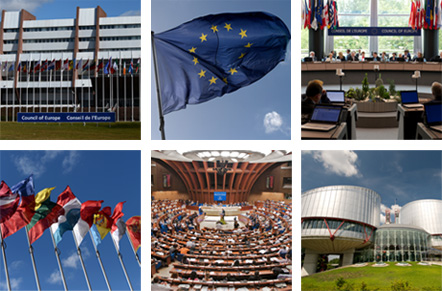A declaration on ”Protecting children in out-of-home care from sexual exploitation and sexual abuse” has been adopted in Nicosia, Cyprus on 18 October by the Lanzarote Committee, the Council of Europe body overseeing the implementation by states of the Convention on the Protection of Children against Sexual Exploitation and Sexual Abuse (“Lanzarote convention”.)
“Out-of-home care” represents all settings in which children can be placed out of their home for care, excluding placements for education and criminal justice measures. “Residential care” is a non-family-based form of alternative care provided by paid professionals working in shifts. When a care facility hosts many children, it is called “an institutional setting”.
Residential care and institutional settings place children in a vulnerable situation and increase the risk of those children being sexually abused by the professionals or volunteers taking care of them, or by other children residing there. Once victimised, such children face additional difficulties in disclosing their experiences and thus bear long-lasting psychological implications throughout their childhood and adult life.
The Lanzarote Committee calls upon the state-parties to take all necessary measures to strengthen the capacities of families as an alternative to out-of-home care settings. It also calls upon European states to ensure that in all types of out-of-home care settings there are:
- comprehensive screening procedures for all persons taking care of children;
- specific measures to prevent abuse of children’s increased vulnerability and dependence;
- adequate mechanisms for supporting children to disclose any sexual violence;
- protocols to ensure that in the event of disclosure, effective follow-up is given in terms of assistance to the alleged victims and investigation of the alleged offences by the appropriate authorities:
- clear procedures to allow for the possibility of removing the alleged perpetrator from the out-of-home care setting from the onset of the investigation;
- effective monitoring of the practices and standards, to prevent/combat child sexual abuse.
Victims of sexual abuse in out-of-home care settings should be provided with long-term assistance in terms of medical, psychological and social support, as well as with legal aid and compensation.
Professionals working in the public, private or voluntary sectors either committing or failing to report offences, as well as legal persons failing to protect children in their care, must be held liable.
Children who sexually offend in out-of-home care settings should be provided with access to intervention programmes or measures to meet their developmental needs and address their sexual behavioural problems.



